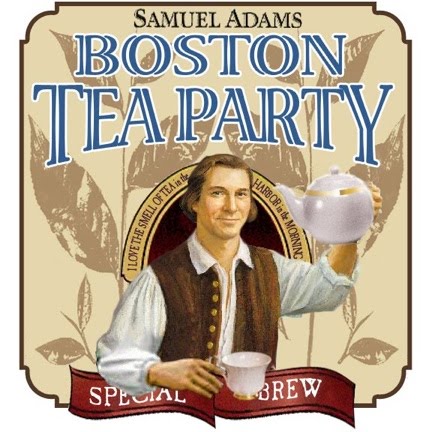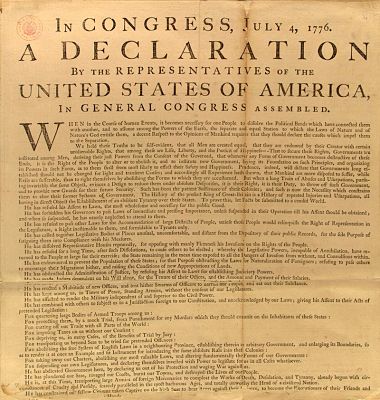
REVOLUTION

HOW!

USA REVOLUTIONARY MOMENT SUMMARY
The revolutionary era began in 1763, when the French military threat to British North American colonies ended.
Adopting the policy that the colonies should pay an increased proportion of the costs associated with keeping them in the Empire, Britain imposed aseries of direct taxes followed by other laws intended to demonstrate British authority, all of which proved extremely unpopular in America. Because the colonies lacked elected representation in the governing British Parliament,many colonists considered the laws to be illegitimate and a violation of theirrights as Englishmen. In 1772, groups of colonists began to create committees of correspondence, which would lead to their own Provincial Congresses in most of the colonies. In the course of two years, the Provincial Congresses or their equivalents rejected the Parliament and effectively replaced the British ruling apparatus in the former colonies, culminating in 1774 with the coordinating First Continental Congress.
ROYAL TAXES

Royal Madness
Three Laws were edicted:
The Sugar Act
Stamp Act
Quartering Act
1. The sugar Act:
Molasses were a sticky Cyrup that was the remain from the process of making sugar. The crown lowered the prices of the Molasses.
2. Stamp Act:
All written documents that involved, sales, deeds, and owning property documents should have the royal stamp to become legal if not the violators of this law would be punished with strong penalties.
3. Quartering Act: All citizens in the colonies had the obligation to give room and food to the soldiers who served the British Imperial Army.
Taxation Without Representation
People from the colonies were mad because the britishwere imposing taxes to the colonists and there was no colonial represantative so they were angry for that.
French and Indian War

French and Indian War
Boycotts

Boycotts
The colonies stopped to buy any goods that were from England, and made The Non-Importation agreement, that threatened British merchants.
Homespun was a form of protest from women for men to consider them important in the poilitical problems. Women will make from colthe their own clothes for not buying it from England.
In 1766 the Stamp Act was repealed by the parliament and eventually all the colonies had to obey the parliament.
Colonial Protests and Patriotic Leaders Emerge

Colonial Protests and Patriotic Leaders Emerge
Ideas like the natural rights: The right of Liberty, of Life and property.
The people who opposed British taxes were called Patriots. The sons of liberty emerged with Samuel Adams.
The sons of Liberty with a mob in August 1765 tarred and feathered a tax collector. Thomas Hutchinson governor of Boston denounced the riot and another mob destroyed his house.
Tax collectors were afraid of the son's of liberty and stopped collecting taxes and resign.
Boston Tea Party

An Iconic Event in American History
The Colony of Massachussetts, in the town of Boston protest radically against the British goverment. The cause was three shiploads with taxed tea that officials refused to return at Boston Harbor. The colonist disguised as Native Americans boarded the ships and destroyed the taxed tea.
Redcoats

British Army
U.S Colonial Army

Continental Army
Once the Continental army was formed in May 10, 1775 local militias united with them and then they were commamded by General George Washington during the years of the war.

Declaring Independence

Declaring Independence to Motherland
1st Declare independence from Britain.
2nd They chose a republican model for their new goverment.
3rd They confederated the 13 states as the United States of America.
Eventually the British would not accept the declare and would go to further conflict against the the Americans.
Lexington and Concord

Wednesday, May 19, 2010
George Washington

No comments:
Post a Comment